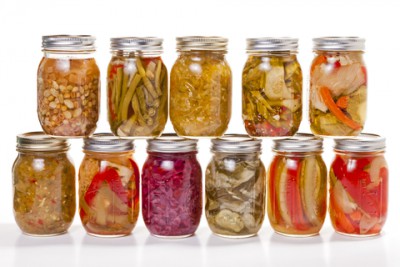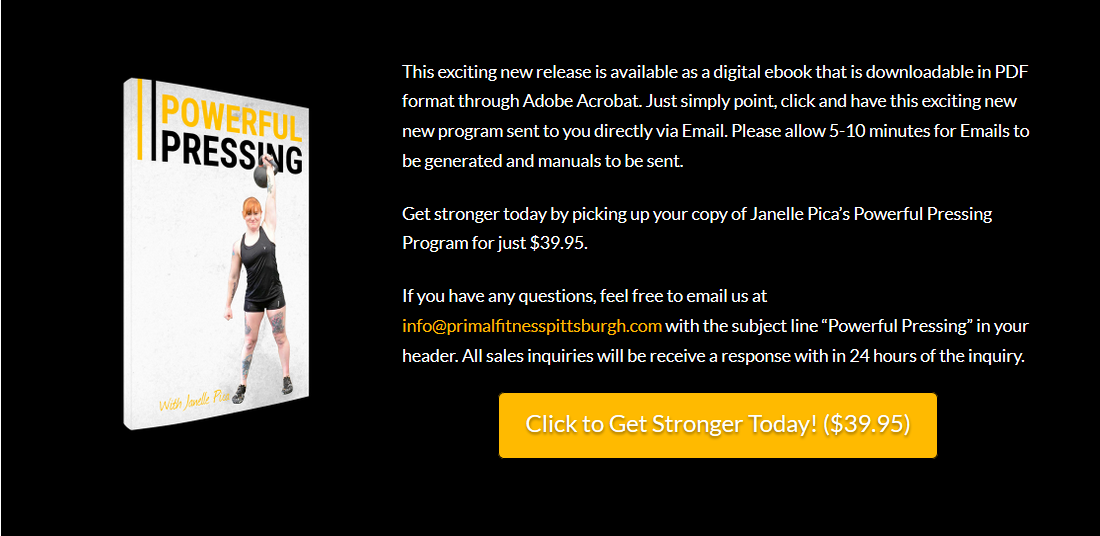What does your medicine cabinet look like right now? If you’ve ever made an attempt to clean up your diet or get serious at the gym, you’ve likely taken a trip down the ever-expanding vitamin aisle loading up on all those ABC’s you think you’re missing. Sure, every single one of those bottles makes a promise to you on its label. Vitamins and minerals are indeed necessary for our bodies and brains to function optimally. Those bottles also tend to get expensive! While your purchase can be justified as an investment in your health, the money may be better off getting invested elsewhere. Lastly, just because they’re there doesn’t mean you’re taking them. Your fancy new vitamin schedule may only last a few days before you start to forget taking them anyways.
The simple truth about vitamins and minerals is that they are best absorbed by the body through real, whole food nutrition. In fact, taking a multivitamin everyday is neither doing you any harm nor any good – it’s just not worth it. If you’re consuming plenty of vegetables and fruits in addition to proteins either from animals or plants and some healthy fats, your deficiencies are probably minimal. Before GNC and fortified white bread, our ancestors went on just fine getting all the nutrients they needed just by eating real food. Let’s go over some of the main vitamins, where you can get ’em, and what supplements might truly be useful to you.
1. Vitamin-D
The sunshine drug deficiency is real. If you are lacking any one particular vitamin, this is probably it. While D2 is commonly added to foods, it’s much less potent than D3 making its consumption negligible in regards to how much your body is getting at any given time. D3 is the good stuff meaning it sticks around a lot longer. Besides, fortified foods of most varieties fall under our “things to avoid” list concerning vitamins. The best source of D3 that you can provide your body is from direct exposure to sunlight. You can accomplish this in just 20 minutes per day. Exposing your limbs, face, and neck to the sun consistently will help to boost vitamin-D levels and make you feel pretty darn good overall. In addition to the great outdoors, it’s recommended that you increase your intake of seafood. Canned, smoked, baked, or grilled – anything will do. This is one of the only natural food sources of vitamin-D! By and large, it’s the most concentrated. If you do choose to supplement outside of environment and diet, one of the most powerful products is fermented cod liver oil. This supplement contains levels of both D2 and D3, but they are not synthetic, so its absorbed in the body better than a plain ol’ vitamin-D pill.
2. Probiotics
They’re all the rage these days. People are letting go of the fear of bacteria and embracing this good-for-the-gut attitude with probiotic supplements and bacteria-ridden food. The most commonly known and consumed probiotic-rich food is yogurt, but don’t limit yourself to that! Tons of stuff is going down in your gut, which means there is plenty of “bad bacteria” hanging around in there at all times. The best way to combat this and its ill effects is to load up on the good stuff. The gut is responsible for tons of common illness including IBS, Chron’s Disease, arthritis, and even depression. By taking steps to help heal our guts, we can even begin to address bigger health issues. It sounds a little nerdy, but it’s actually pretty cool. Besides, all this gut healing business can be quite tasty! Fermented foods are jampacked with nourishing, natural bacteria. You can find kimchi, sauerkraut, and other veggies in most stores nowadays. It’s also incredibly easy and inexpensive to make your own at home. In order to get enough, you should serve fermented foods – which also include yogurt, kefir, and kombucha – at least once daily as a side or condiment.
3. Magnesium
This is another one of those vitamins that is incredibly difficult to get enough of through diet alone, even if you’re eating a pretty clean diet. Dark leafy greens (especially seaweed!), whole grains, nuts, fish, avocado, and yogurt are just a few good sources that are easy to include. Still, it’s worth looking into supplementation. This is especially true for you if you’re having trouble with muscle cramps, anxiety, and sleeping. In essence, upping your magnesium can really help to reduce stress both in the body and mind. So, what’s the best route to take? Well, eat more healthy foods! If you’re eating an overly processed diet and overloading on caffeine, you’re certainly not doing yourself a favor on the magnesium forefront. If you decide to supplement which may be a useful experiment, here are some pointers:
- You should aim for anywhere between 400-1,000 mg. per day. It varies widely from person to person, but you will know if you’re taking too much.
- Avoid magnesium carbonate, sulfate, gluconate, and oxide. These are the types of magnesium most often found in supplement form. Unfortunately, they aren’t as well absorbed by the body as citrate, glycinate taurate, or aspartate.
- Take epsom salt baths. Soaking in epsom can help to relax your mind and muscles while giving you the daily dose of magnesium that your body needs.
4. Omega-3-fatty acids
These are one of the rare deficiencies that do exist among many people, but not because you aren’t getting it. The real problem is the ratio of omega-3 fatty acids to omega-6 fatty acids. Considering the standard American diet which is rich in omega-6’s – think seed oils, corn, grains, and grain-fed beef products – we are getting plenty of the “bad” stuff. Now, we need BOTH to function optimally, but balance is key. The average omega-6 to omega-3 ratio is 20:1, and an ideal ratio would be closer to 6:1 to put things into perspective. Before you go taking fish oil supplements, there are a few alternatives that will be much more effective in the long run:
- Eat seafood three times per week or even daily. Fish, especially wild salmon and sardines, are packed with omega-3’s. If you consume three servings of seafood per week, you will receive the good fatty acids in their best-absorbed, most digestible form.
- Switch your cooking fats. Instead of using vegetable oils and industrial seed oils, cook with coconut oil, avocado oil, ghee, or tallow/lard. This will bring the omega-6 fatty acids down which will help you to level out.
- Choose grass-fed. Since grains and corn which are fed to cows are loaded with omega-6’s, so is the final cut of beef after they are butchered. If you choose grass-fed and grass-finished beef products instead, not only will you eliminate the omega-6 fatty acids, but you’ll be replacing them with omega-3’s. Win!
Overall, you should begin to shift your focus from nutrients to real food! Packaged, processed goods are often fortified with vitamins because they aren’t comprised of nutritious ingredients to begin with. If a vitamin or mineral has to be added to a food, it’s probably a good sign that you should avoid it altogether. Think and eat outside of the box! Fresh, colorful, sustainably sourced vegetables, meat, and fat sources will nourish the body better than any pill or supplement can.



